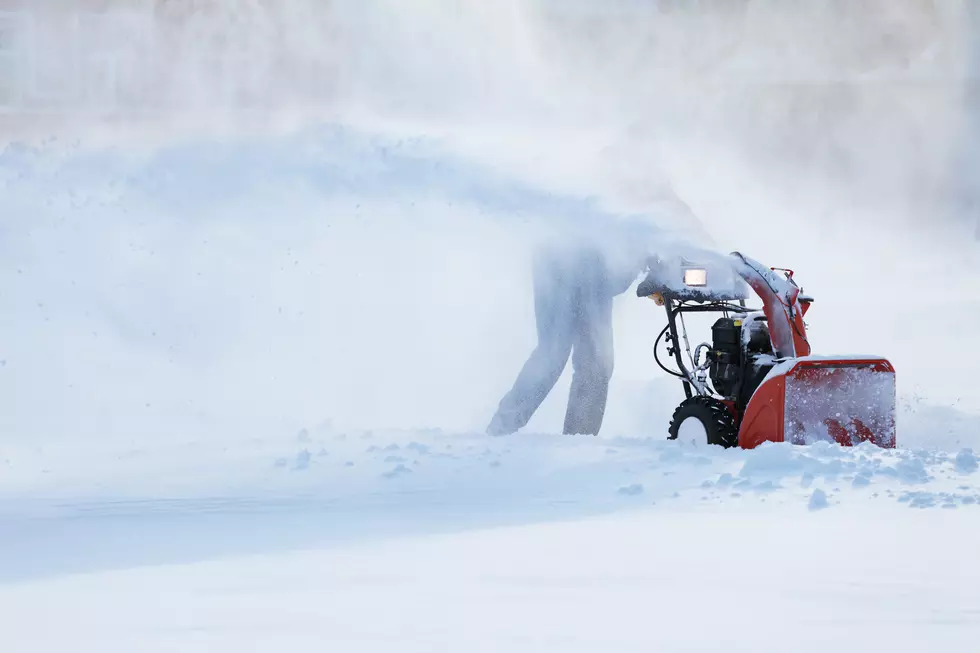
Navigate Winter with These 15 Sure-Fire Driving Tips
We've got a first-time driver in our household and even with all the driving education, he can't expect to be an expert driver on the snow and ice this winter but with a few driving tips, he might be able to make it through his first winter unscathed.
Luckily, the Oregon Department of Transportation has a few tips on how to handle winter driving - here is what they recommend:
ODOT urges motorists to drive for the inclement weather by slowing down and turning off cruise controls.
Travelers should check road and weather conditions at TripCheck.com before getting behind the wheel. Links to winter driving safety tips are also available on this site under the “Road and Weather” tab.
Just open the “Winter Travel” and “Winter Driving Safety” drop-down menus where you’ll find helpful messages. Here are a few to keep in mind:
- Be ready to use your chains. Be patient. Go slow.
- Turn off cruise control. Never use cruise control in wet, icy, snowy or slippery conditions.
- Expect a long commute that could last hours. You never know when weather or traffic incidents will cause the road to be closed for extended periods.
- Along with snow and slick conditions, expect visibility to be limited.
- Make sure your wipers, headlights, turn signals, heater, etc. are in good working order.
- Keep fuel tank full (in case you get stuck in road closure).
- Keep cell phone charged.
- Avoid following GPS navigation directions onto remote or unfamiliar roadways if detoured off of the main highway. Many non-highway routes are not maintained during winter.
- Carry emergency supplies (water, food, warm clothes, flashlight, etc.)
- Increase the following distance between you and the vehicle ahead of you.
- Use extra caution and keep safety in mind when installing tire chains along the side of the roadway. Other drivers may not be able to see you clearly.
- Drive according to conditions of the road, regardless of posted speed limits.
- Keep a watch on weather conditions throughout the day in anticipation of the next snowstorm which could make current road conditions worse.
- At the end of your trip, wash off your vehicle to remove mud, snow, road salt, and deicer residue.
More From 102.7 KORD



![Kennewick Police-Don’t Give Thieves Opportunity [VIDEO]](http://townsquare.media/site/133/files/2020/12/RS24481_GettyImages-1009723302-scr-1.jpg?w=980&q=75)





